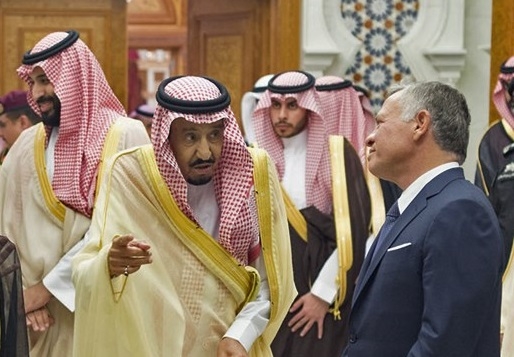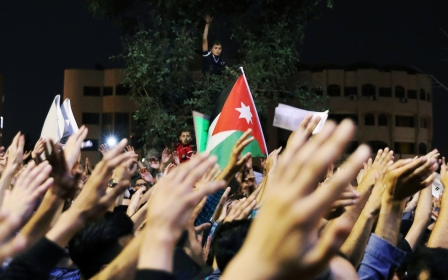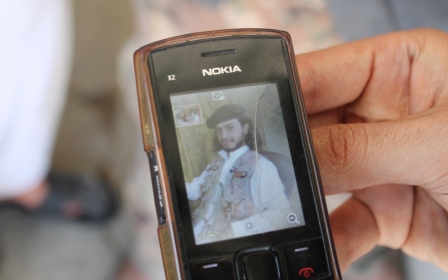Saudi Arabia, UAE, Kuwait offer $2.5bn in aid for Jordan

Saudi Arabia, the United Arab Emirates and Kuwait offered $2.5bn in aid for Jordan to ease its economic crisis following a wave of anti-austerity protests, Saudi state media announced early on Monday.
"In light of the close brotherly ties... it was agreed that the three countries would provide an economic aid package to Jordan totalling $2.5bn," the official Saudi Press Agency said.
The package, announced at a summit of the four nations in the holy city of Mecca, will include a deposit in the Jordanian central bank, World Bank guarantees, budgetary support over five years and financing for development projects, SPA said.
Other monarchies are worried that unrest in the US ally could spill over across the region where other countries such as Bahrain and Egypt have been facing similar challenges, Reuters reported.
The summit, called by Saudi King Salman, was attended by Jordan's King Abdullah II along with leaders of the United Arab Emirates and Kuwait.
Mass protests against price rises and a proposed tax hike have rocked Jordan in recent days as the government has pushed austerity measures to slash the country's debt in the face of an economic crisis.
Earlier on Sunday, European Union foreign policy chief Federica Mogherini announced 20 million euros ($23.5m) in aid for Jordan.
Mogherini said Jordan can count on Europe, the Associated Press reported. "We are here not as a gesture of charity, if you allow me the expression, but as an investment," she said, adding that Jordan is located "in probably the most heated and difficult area of the world".
"We understand the needs," she said. "We understand the pressure, the urgency, and so we deliver our support."
Cash-strapped Jordan, a close US ally that relies heavily on donors, is struggling to curb its debt after securing a $723m loan from the International Monetary Fund in 2016.
Austerity measures tied to the loan have seen prices of basic necessities increase across the kingdom, culminating in a week of angry protests over tax proposals that forced prime minister Hani Mulki to resign.
The authorities on 7 June announced they were withdrawing the unpopular legislation, but still face a mammoth task to balance popular demands with the need to reduce the public debt burden.
Jordan blames its economic woes on instability rocking the region and the burden of hosting hundreds of thousands of refugees from war-torn Syria, complaining it has not received enough international support.
The World Bank says Jordan has "weak growth prospects" this year, while 18.5 percent of the working-age population is unemployed.
The Gulf aid package appears driven by the desire to avoid a repeat of the 2011 Arab Spring uprisings, which saw pent-up public anger spilling onto the street across the Middle East, analysts say.
"The speed and the gravity with which the Gulf states are responding is a very clear testament to their concern and determination to nip this unrest in Jordan in the bud," Lori Boghardt, a senior fellow at the Washington Institute for Near East Policy, told AFP.
"They are going to do all they can to thwart another Arab spring on their doorstep."
New MEE newsletter: Jerusalem Dispatch
Sign up to get the latest insights and analysis on Israel-Palestine, alongside Turkey Unpacked and other MEE newsletters
Middle East Eye delivers independent and unrivalled coverage and analysis of the Middle East, North Africa and beyond. To learn more about republishing this content and the associated fees, please fill out this form. More about MEE can be found here.




